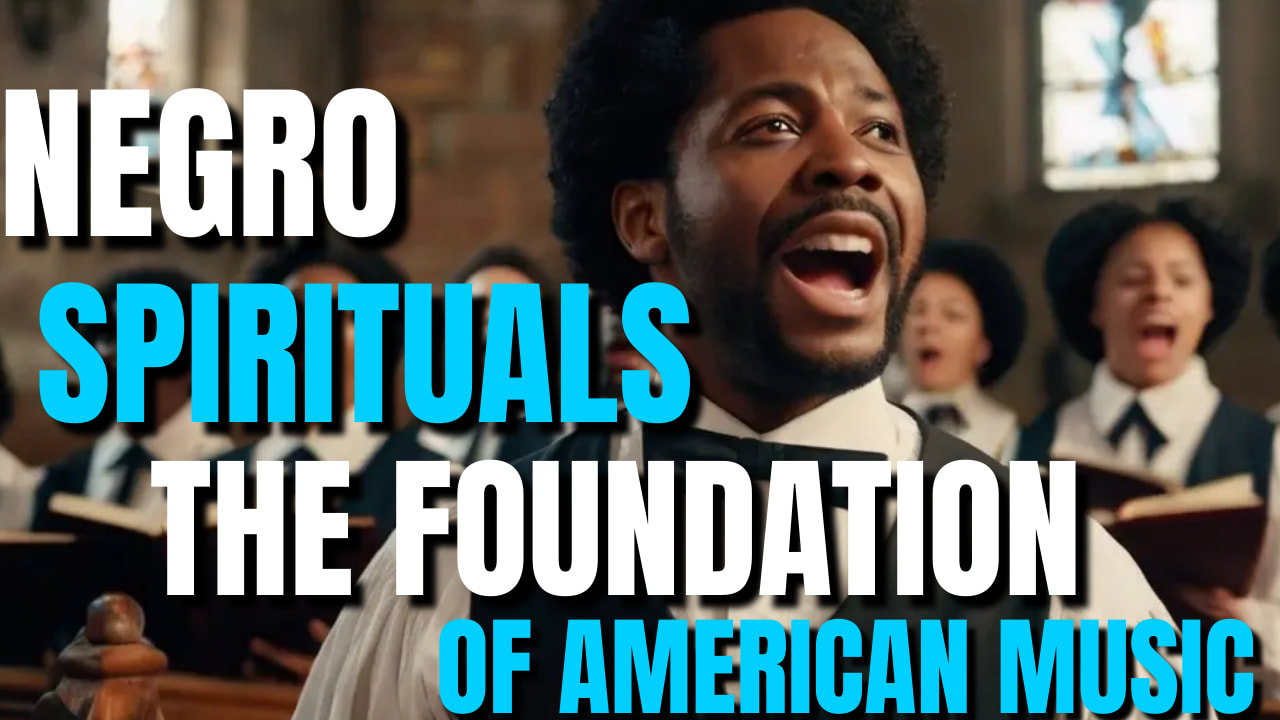|
The Negro spirituals, born from the depths of the African American experience, stand as a testament to resilience, faith, and the unyielding spirit of a people oppressed yet undeterred. Rooted in the pain of slavery, these spirituals evolved into a rich musical tradition that not only served as a source of solace and strength for African American communities but also left an indelible mark on the broader landscape of American music. Today, we delve into the history, meaning, and enduring importance of Negro spirituals, tracing their profound influence on the diverse tapestry of American musical genres. The origins of Negro spirituals can be traced back to the harrowing era of slavery in America. Enslaved Africans, stripped of their cultural identity and torn from their homeland, found solace in music as a means of expression and connection. Drawing upon their African heritage, they infused rhythm, call and response, and communal singing into their spiritual gatherings. These songs, often born out of suffering and longing for freedom, served as a form of resistance against the dehumanizing conditions of slavery. As African Americans embraced Christianity, spirituals began incorporating biblical themes and narratives, offering a dual message of spiritual salvation and earthly liberation. Songs like "Swing Low, Sweet Chariot," "Wade in the Water," and "Go Down Moses" resonated deeply within enslaved communities, providing comfort, hope, and a sense of solidarity amidst oppression. The significance of Negro spirituals extends far beyond their melodic beauty. Embedded within these songs are layers of meaning, reflecting the collective experiences and aspirations of marginalized people. Through coded language and metaphorical imagery, spirituals conveyed messages of resistance, survival, and the quest for freedom. Lyrics such as "Steal Away to Jesus" or "Follow the Drinking Gourd" served as subtle instructions for escape, offering hope and encouragement to those seeking liberation. Moreover, Negro spirituals functioned as a form of oral history, preserving the stories, struggles, and triumphs of generations past. They served as a conduit for cultural transmission, bridging the gap between African heritage and American realities, while fostering a sense of community and resilience in the face of adversity. The enduring importance of Negro spirituals lies in their profound impact on American music and culture. As the abolitionist movement gained momentum in the 19th century, spirituals became anthems of resistance and solidarity, inspiring activists and allies in the fight against slavery and racial injustice. Their expressive power and universal themes transcended racial boundaries, resonating with audiences worldwide. Furthermore, Negro spirituals laid the foundation for various musical genres that would emerge in the decades to come. From gospel and blues to jazz and soul, traces of spirituals can be found woven into the fabric of American music. Artists like Mahalia Jackson, Aretha Franklin, and Sam Cooke drew inspiration from the spiritual tradition, infusing their music with elements of faith, passion, and social commentary. In conclusion, the legacy of Negro spirituals endures as a testament to the resilience, creativity, and indomitable spirit of the African American community. These songs, born out of oppression, continue to reverberate through the corridors of history, reminding us of the power of music to transcend boundaries and inspire change. As we reflect on the history, meaning, and importance of Negro spirituals, we are reminded of their enduring relevance in the ongoing quest for justice, equality, and the celebration of human dignity.
0 Comments
Leave a Reply. |
Details
Categories
All
Click Here to join our mailing list
|
Contact Us: |
Connect With Us |
Site powered by PIT Web Design


 RSS Feed
RSS Feed



